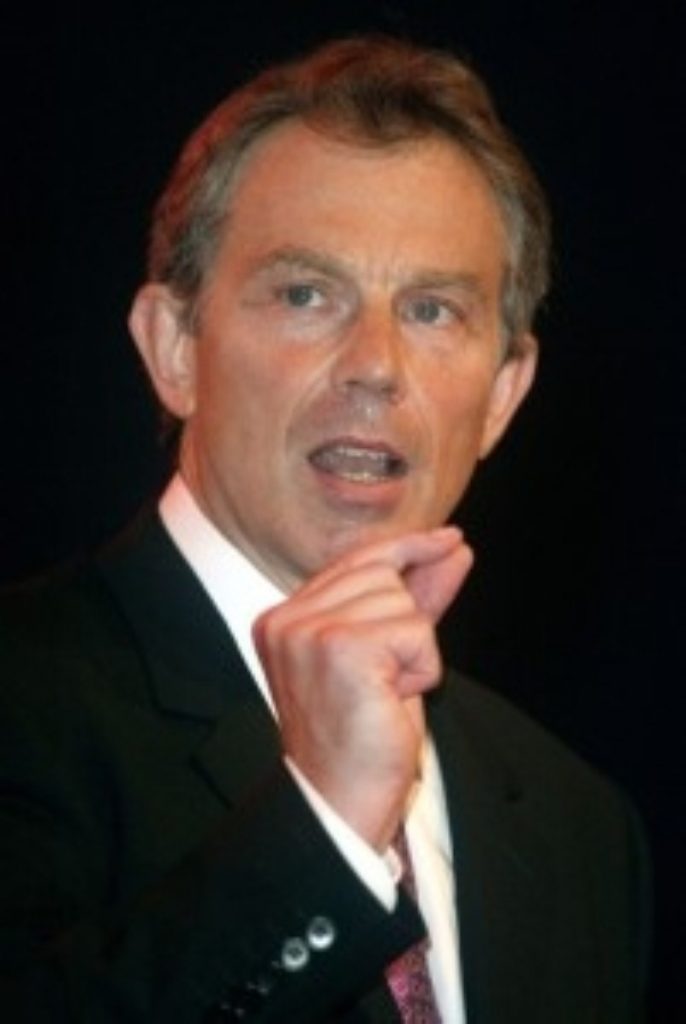Blair promises reshuffle by week’s end
Prime Minister Tony Blair today refused to comment on the details of the impending reshuffle of his Cabinet but said it would take place before the week’s end.
Speaking at his monthly press conference at 10 Downing Street, he said: ‘The reshuffle will not be today, but it will be by the end of the week.’
In response to a question from the BBC’s Andrew Marr, he rejected suggestions that the reshuffle would be dominated by manoeuvring between the so-called Blairites and Brownites. Decisions on who would be appointed to Cabinet posts were made ‘on the basis of ability’, he said.
And he made a point of praising the Chancellor during the press conference. Outlining Labour’s achievements over the past seven years – which he said included economic stability and high employment levels – the Prime Minister said it had been a government effort ‘with Gordon’.


Mr Blair also rejected suggestions from Sky’s Adam Bolton that an unusually large number of his Cabinet ministers had resigned and that this was a sign of poor morale. He said it showed only that from time to time ministers felt the need to step down from frontline politics, and that was their prerogative.
He was certainly not the only leader to whom that had happened, he added.
Mr Blair conceded there would be lot of speculation, but noted that the public would pay more attention to improved school results. He added that a decision on the reshuffle would not necessarily be taken on the timetable that everyone else assumed.
ITV’s Nick Robinson asked why the Chancellor had a veto over who was appointed to the Cabinet. Mr Blair rejected this suggestion, saying: ‘He doesn’t, and neither does anyone else.’
He added that such speculation was ‘part of the village which we all inhabit’ but often bore ‘no resemblance’ to what was taking place.
Andy Bell from Channel 5 News asked whether there had been discussions about the nature of a possible third Labour term government. The Prime Minister said it would build on the achievements of the first two terms – such as economic stability and investment in health and education – but would have new challenges to confront.
These included making sure the British economy was competitive in the new globalised environment, getting more economically inactive people into work, increasing choice in the NHS, and dealing with the ageing population.
He emphasised that the current government was ‘the most ideologically united government I can imagine for a very long time’.











